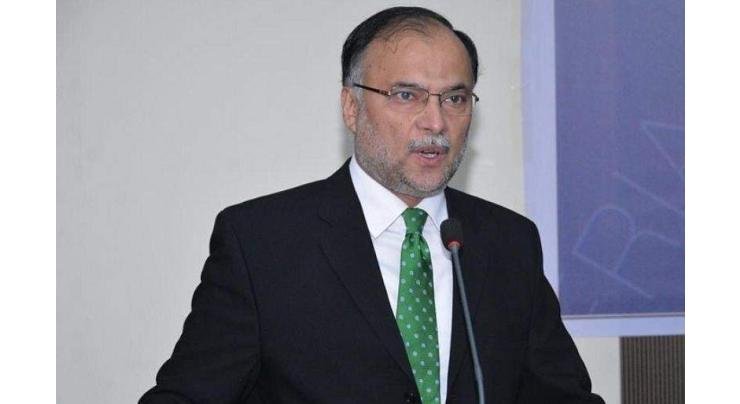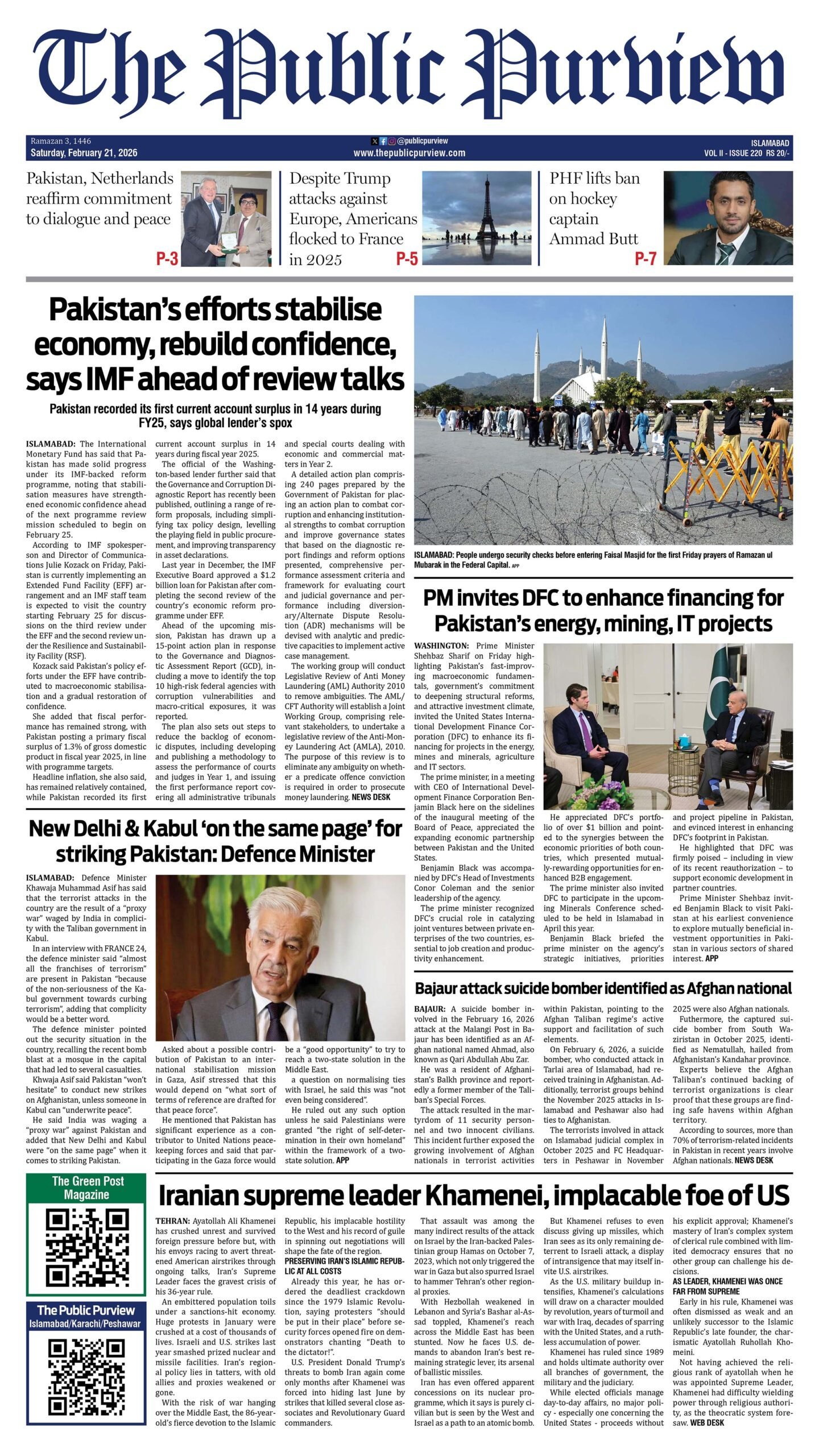ZHUZHOU, China — Federal Minister for Planning, Development and Special Initiatives, Professor Ahsan Iqbal, underscored the transformative impact of the BeiDou Satellite System on Pakistan’s economy during the BeiDou Summit held in Zhuzhou, Hunan province.
In his address, Ahsan Iqbal emphasized that the BeiDou Satellite System is revolutionizing Pakistan’s economic landscape. It is enhancing employment, expanding trade, and strengthening global cooperation. He noted that Pakistan was the first foreign country to adopt BeiDou, which now plays a vital role across aviation, agriculture, logistics, disaster management, and communications.
BeiDou Satellite System: Background and Pakistan’s Early Adoption
China’s BeiDou Navigation Satellite System (BDS) became fully operational globally in June 2020. It is one of only four global navigation systems alongside the U.S. GPS, Russia’s GLONASS, and Europe’s Galileo. Pakistan began integrating BeiDou in 2014 following Premier Li Keqiang’s visit in 2013. Since then, Pakistan’s armed forces and civilian sectors have benefited from BeiDou’s high-precision tracking, navigation, and communication capabilities.
Unlike other systems, BeiDou operates across three orbital regimes—low Earth, medium Earth, and geosynchronous orbit—offering superior coverage and accuracy. Pakistan enjoys access to both civilian and restricted military-grade services, enabling 10-centimeter location precision.
Strategic Framework to Expand BeiDou Satellite System in Pakistan
Ahsan Iqbal outlined a comprehensive six-point strategy to deepen Pakistan’s integration with the BeiDou Satellite System. First, he proposed linking BeiDou with Pakistan’s Satellite-Based Augmentation System (SBAS) and the Ground-Based Augmentation System (Pak-GBAS) to enhance national positioning capabilities. He also emphasized the need to expand GBAS coverage across the country, ensuring broader access to precision navigation services.
To institutionalize satellite innovation, the minister recommended establishing the National Center for GIS and Satellite Technology as a regional center of excellence for BeiDou applications. He further advocated for the formulation of a national Positioning, Navigation, and Timing (PNT) policy to sustain economic momentum and guide future development.
Recognizing the importance of collaboration, Ahsan Iqbal called for stronger public-private partnerships with China to grow Pakistan’s domestic navigation industry. Lastly, he stressed the value of joint research, training, and talent development programs between Pakistani and Chinese experts. These initiatives, he noted, would help nurture a new generation of scientists capable of driving Pakistan’s long-term technological advancement.
Driving Trade, Technology, and Youth Empowerment
According to the minister, integrating BeiDou with Pakistan’s systems will inject new energy into trade, port operations, and digital corridors. He highlighted that the China-Pakistan Economic Corridor (CPEC) has evolved into a technology-driven initiative linked with space applications.
“CPEC is no longer just about roads and bridges,” he remarked. “It’s now a technology corridor powered by satellite innovation.”
He also affirmed that BeiDou’s application aligns with Pakistan’s commitment to the United Nations Sustainable Development Goals (SDGs). Under the “Uraan Pakistan” initiative, the government aims to equip youth with modern technology and build a future-ready digital economy.
“Equipping Pakistan’s youth with modern technology is our foremost priority,” Ahsan Iqbal stated. “Through BeiDou and space cooperation with China, we are building the knowledge base for a future-ready economy.”







 Today's E-Paper
Today's E-Paper